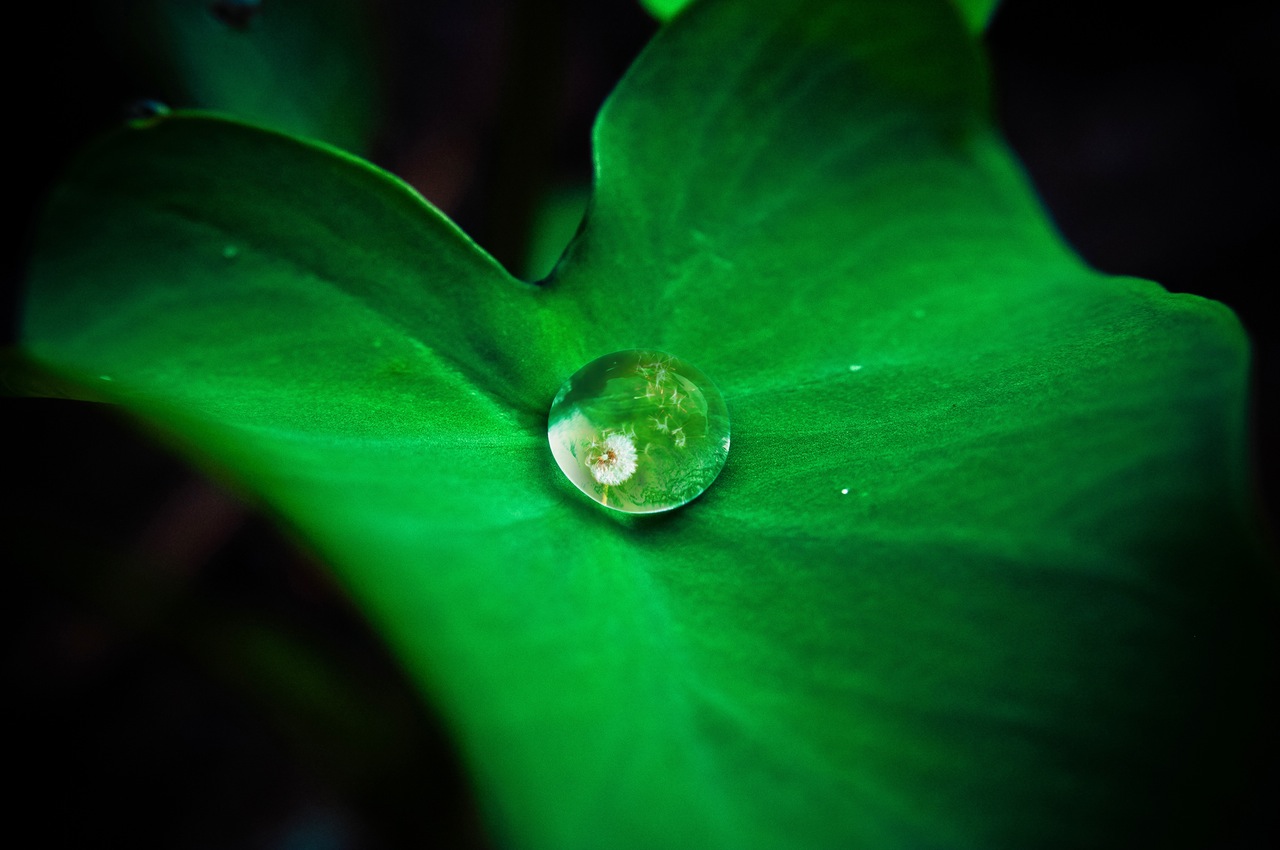Like most parents, we work to teach our children to say thank you when someone does something nice for them. I make it a point to thank servers every time they come to the table to top off a glass of water or clear a plate or to bring the check. I thank clerks after I am done paying. I try to thank those who work in the kitchen at church events, be they dinners or funerals. I try to thank our office volunteers and folks who serve each week. Admittedly, I do not write many thank you notes (emails, yes, notes, no) although it’s something I’m working on. It has more to do with my abysmal handwriting, which I am embarrassed by, and not a lack of gratefulness. I do my best to say thank you. With one exception.

For as easily as the words, “thank you”, escape my lips throughout the day, I don’t seem to say them as readily or as reflexively to God. Sure, I have prayers of thanksgiving in my regular prayer life, formal moments of saying thank you to God. What I don’t tend to do is say it automatically as I go through my day. It’s automatic when the water glass is filled, but it’s not automatic when I screech to a stop and avoid a terrible accident when someone pulls out in front of me. It comes, but it’s not automatic.
As we celebrate Thanksgiving tomorrow, I am able to articulate so many things for which I am thankful, and I am able to praise God in the process. And I do realize that the Thanksgiving we celebrate is not as similar to its original roots as we might normally assume. Thanksgiving is of course based upon a feast by the Plymouth settlers in 1621, when they collected their first harvest. They were grateful for their survival, having lost so many loved ones, as well as realizing that they could indeed cultivate food to sustain them. While this feast did in fact include Native Americans, based upon the accounts of one of the leaders of the colony, it probably wasn’t exactly like many of us learned it in school.
I’m not going to go into all the ways in which many reenactments and common lore around Thanksgiving differ from real history (if we even know such a thing). But there are some other differences between what we assume about those Plymouth Pilgrims and today’s Thanksgiving eaters – mainly the level of thankfulness that we offer back to God. This is not to say that we aren’t legitimately thankful for the blessings we have received, but rather to point out that our lives are very different than those who preceded us at a harvest feast nearly four hundred years ago.

A 17th century pilgrim had to give thanks for a harvest or for good health, or for a long life of 40 years old. There were too many dangers in living on the edge of a wilderness not to give thanks for any sort of success and survival. Today we have some level of control over infections and microbes, we have refrigeration and electricity and life is not quite the gamble it once was. And in the gifts that we have been given through human progress and God-given ingenuity, we are perhaps less likely to recognize a dependence upon God for life and its gifts, than in centuries past.
If I had to guess, the Pilgrims were naturally more inclined to everyday thanksgiving. They certainly celebrated a high point like a successful harvest, but their lives were so hard they saw blessings everywhere they turned. I think that might be the lesson for us beyond the table of overflowing food we stuff ourselves with. I think the example of Thanksgiving is to be grateful all the time for all the little things, not just the big things. Perhaps that will allow us to recognize that we truly live in God’s hands and to see just how much God has provided for us.
Have a blessed Thanksgiving this week, and strive to live with thanksgiving every day.
Tom+
Now thank we all our God,
with heart and hands and voices,
who wondrous things hath done,
in whom his world rejoices;
who from our mother's arms
hath blessed us on our way
with countless gifts of love,
and still is ours today.
O may this bounteous God
through all our life be near us,
with ever joyful hearts
and blessed peace to cheer us;
and keep us still in grace,
and guide us when perplexed;
and free us from all ills,
in this world and the next.
All praise and thanks to God
the Father now be given;
the Son, and him who reigns
with them in highest heaven;
the one eternal God,
whom earth and heaven adore;
for thus it was, is now,
and shall be evermore.
Amen.
